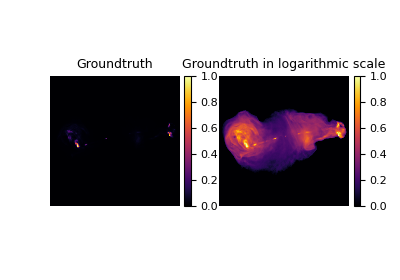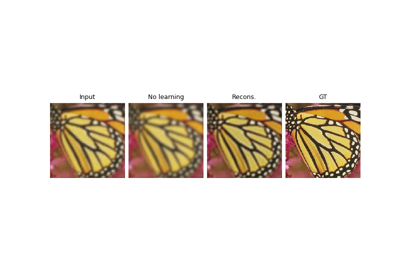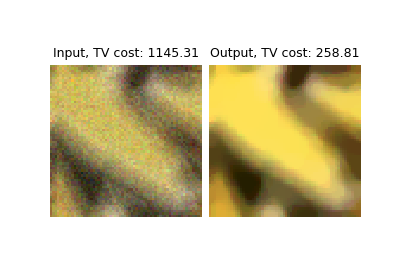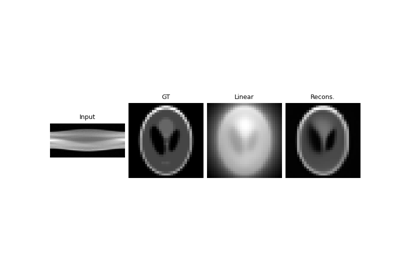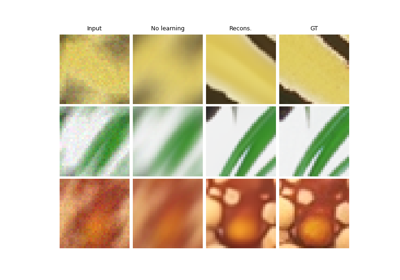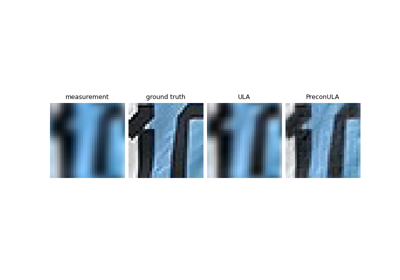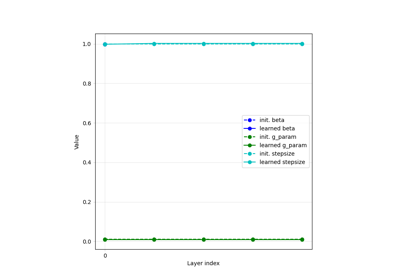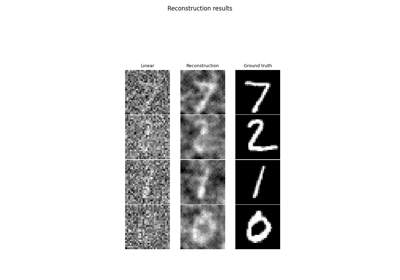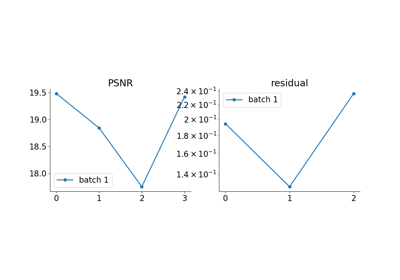Prior
- class deepinv.optim.Prior(g=None)[source]
Bases:
PotentialPrior term \(\reg{x}\).
This is the base class for the prior term \(\reg{x}\). As a child class from the Poential class, it comes with methods for computing \(\operatorname{prox}_{g}\) and \(\nabla \regname\). To implement a custom prior, for an explicit prior, overwrite \(\regname\) (do not forget to specify self.explicit_prior = True)
This base class is also used to implement implicit priors. For instance, in PnP methods, the method computing the proximity operator is overwritten by a method performing denoising. For an implicit prior, overwrite grad or prox.
Note
The methods for computing the proximity operator and the gradient of the prior rely on automatic differentiation. These methods should not be used when the prior is not differentiable, although they will not raise an error.
- Parameters:
g (callable) – Prior function \(g(x)\).
Examples using Prior:
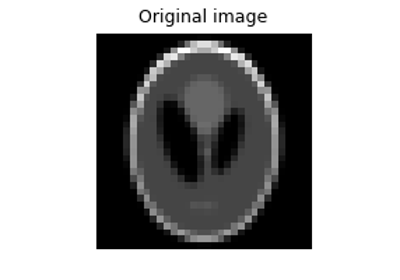
Random phase retrieval and reconstruction methods.
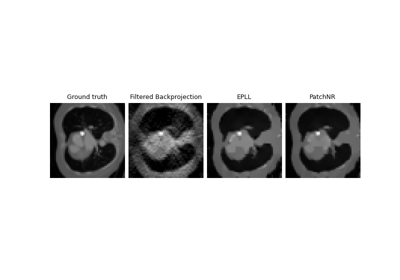
Patch priors for limited-angle computed tomography
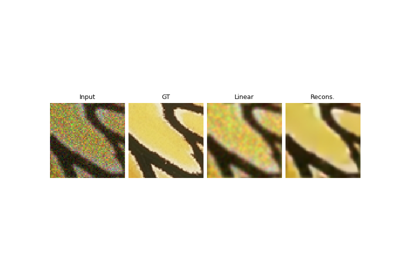
Plug-and-Play algorithm with Mirror Descent for Poisson noise inverse problems.
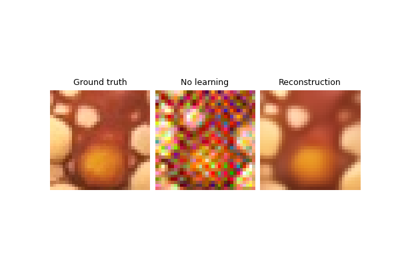
Regularization by Denoising (RED) for Super-Resolution.
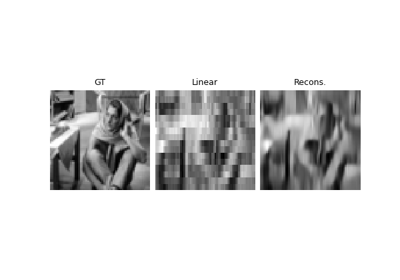
PnP with custom optimization algorithm (Condat-Vu Primal-Dual)
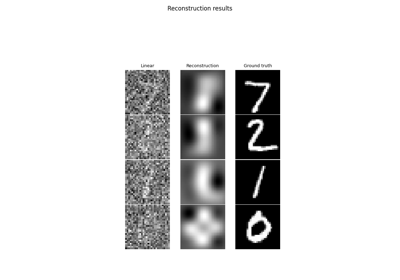
Learned Iterative Soft-Thresholding Algorithm (LISTA) for compressed sensing
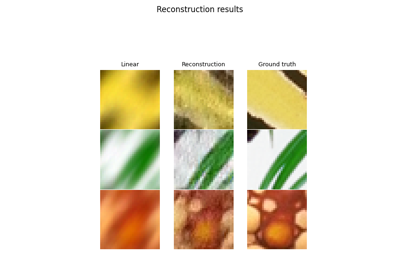
Deep Equilibrium (DEQ) algorithms for image deblurring

Unfolded Chambolle-Pock for constrained image inpainting
